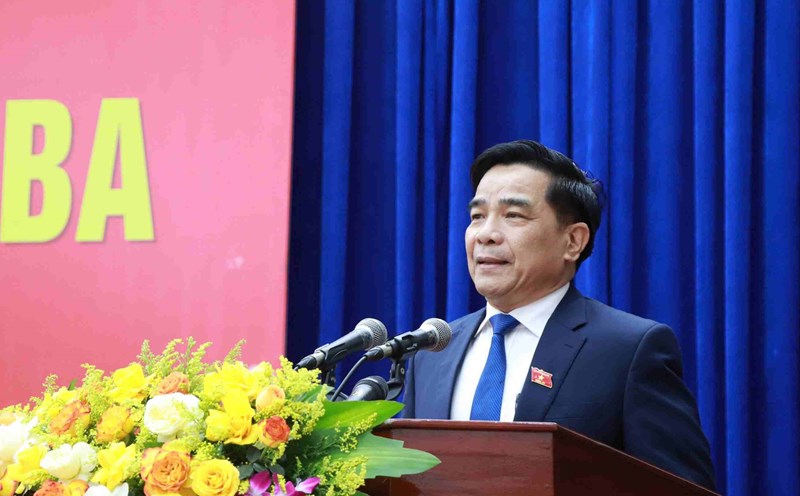The Law on Cadres and Civil Servants (amended) recently passed by the National Assembly on the morning of June 24 has removed the regulation on exams and considerations for promotion to ensure consistency with the principle that any job position will be ranked according to that job position.
The law passed by the National Assembly still maintains civil servant ranks to distinguish ranks in the job position system.
However, the law has removed the regulation on exams and promotion to ensure consistency with the principle that any job position will be ranked according to that job position.
The Government will provide detailed regulations and specific instructions during the implementation process, on the basis of ensuring the legitimate rights and interests of cadres and civil servants.
The new law also amends the regulation that commune-level cadres and civil servants according to the provisions of the current Law on Cadres and Civil Servants can be converted into cadres and civil servants according to the new provisions of this law if they meet the standards and conditions for training qualifications without the requirements for working time, standards and conditions of civil servant ranks.
In cases where they are doing internships, the internship will be terminated and placed in a row corresponding to the job position from the effective date of this law.
Supplementing regulations on transition of time to complete the arrangement to job positions and corresponding rankings for civil servants who were recruited before the effective date of this law.
The draft law also amends regulations on principles, conditions for registration for civil servant recruitment and methods, recruitment authority to innovate civil servant recruitment work in the direction that the selected person must immediately meet the requirements of the job position, after being recruited, be placed in the corresponding civil servant rank; simplify administrative procedures.
Supplement and revise regulations on job positions and civil servant ranks to attract high-quality human resources from the private sector, encourage civil servants to develop according to professional paths and skills without necessarily having to appoint leadership and management positions and titles.
The new law also revises and completes the contents of civil servant assessment, clarifying the principles, authority, content, and methods of assessment and classification of civil servant quality based on regular, continuous, multi-dimensional monitoring and assessment with specific criteria associated with progress, quantity, and quality of results and products according to job position.
Use the evaluation results to implement rewards, additional income regimes, bonuses or consider arranging them to lower job positions or laying off to screen people who do not meet the requirements of the tasks out of the apparatus.
The new law amends and supplements the contents of training and fostering according to job positions; rewards, disciplines, authority to manage cadres and civil servants, promotes reform of public service regimes, applies science and technology, digital transformation in public service activities.









